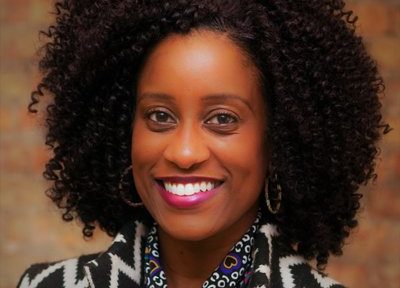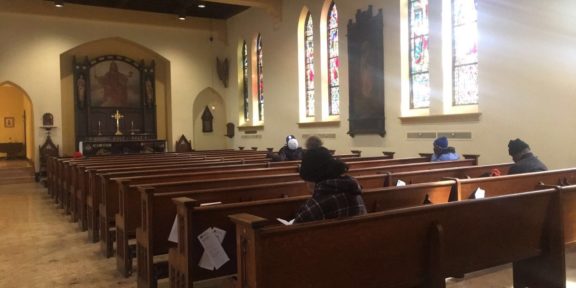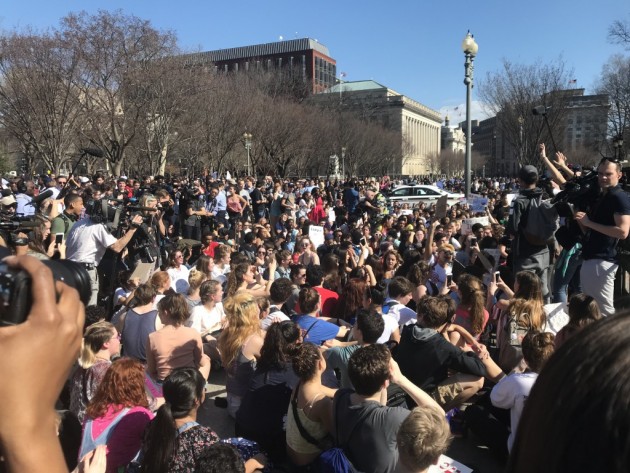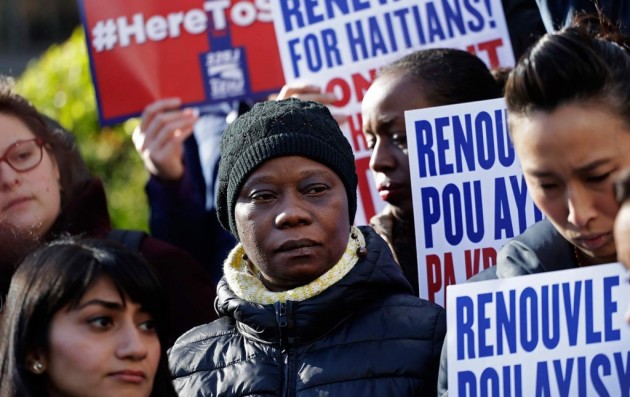
Rosenwald children standing with Rosenwald
WASHINGTON –Few people in America have ever heard of Julius Rosenwald, save maybe some employees from the glory days of Sears & Roebuck or those intimate with the creation of the Museum of Science and Industry in Chicago. His name won’t be found in any school history books, nor are there any statues to commemorate his accomplishments. Few know howRosenwald, the son of German Jewish immigrants who rose to prominence and wealthas part owner of Sears, supplied millions for housing and schools and the education that influenced the lives of hundreds of thousands of African Americans across the nation in the early 1900s and still resonates into today.
Eileen Cline does.
Cline grew up in housing that Rosenwald made available to black families in segregated Chicago in the 1930s. Cline, now 80, she says she might not have become the dean of the Conservatory of Music at the Johns Hopkins University and then senior university fellow in Arts Policy at the Hopkins Institute for Policy Studies without Rosenwald. Without Rosenwald’s early influence, she might not have earned two degrees from the Oberlin Conservatory of Music, a master's degree from the University of Colorado, and a Ph.D. "with highest distinction" as a Danforth Fellow at Indiana University.
“The Rosenwalds influenced my entire life,” Cline said.

The family of Eileen Cline and Ava Kempner
Cline shared her memories and sat with hundreds of others for a special the screening Saturdayof a 96-minute documentary on Rosenwaldat the Avalone Theater on 5612 Connecticut Avenue in northwest Washington. The film will, which will run at the theater through September, told how Rosenwald’sfoundation gave out in millions in scholarships that furthered, or in some cases, rescued the careers of thousands of African Americans. Among them were singer Marian Anderson, artistsRomare Bearden and Jacob Lawrence, Nobel Prize-winner Ralph Bunche, writer, Civil Rights leader and NAACP co-founder W.E.B. Dubois, writers Ralph Ellison, Zora Neale Hurston and James Baldwin, poet Claude MacKay, photographer and filmmaker Gordon Parks and Dr. Charles Drew, who would create the blood plasma process that saved untold lives during World War II and created the nation’s first blood bank.
His greatest contribution, according to woman who made the film, Aviva Kempner, may have been the creation of over 5,000 schools throughout the South for impoverished black children. Rosenwald invested what today would be close to a $1 billion into what were commonly known as Rosenwald Schools. The long list of prominent alumni and educators whobenefited from his largess includesthe ancestors of Oprah Winfrey, Spike Lee, Tony Award-winning playwright George Wolfe and human rights activist Julian Bond. Pulitzer Prize-winning Washington Post columnist Eugene Robinson went to a Rosenwald school.
Wanda Lucas, who saw the sold out film with her co-worker, said she came away educated and inspired.
“I didn’t know about him,” Lucas said. “It was great. It was amazing that he was not a man of the times. I’ve just always been under the belief that people need a helping hand. That’s the way he did it with the schools.”
Through various clip and interviews with legends, including Bond,actor and playwright Ossie Davis,actor and Academy Award-winning director Clint Eastwood and Rosenwald, Kempner gave an intimate portrait of the man and showed his impact. Kempner, of Berlin, Germany,it took more than12 years and spend $62 million to produce the film. Kempner, who helped fund the reopening of the Avalone in 2003, told the audience she pursued the Rosenwaldstory under her initiative to tell the story of “unsung Jewish heroes.” She is currently traveling all over the country to help promote the movie at various theaters until Nov. 6. Cline thanked Kempner for bringing Rosenwald’s story to life.
“It was so amazing to see,” she said. “I remember that playground. I grew up thereIt was one of the most inspiring things I’ve seen in a long time. It just really told the story. It told the story of so many of us. “To me this kind of thing shows the humanity of everyone in a way I just thought was wonderful,” she said.










